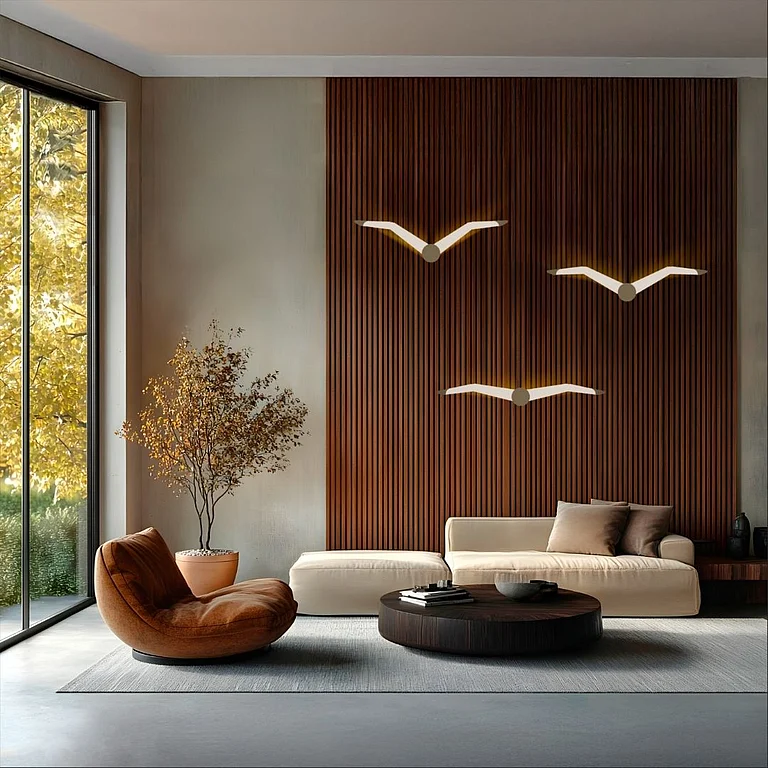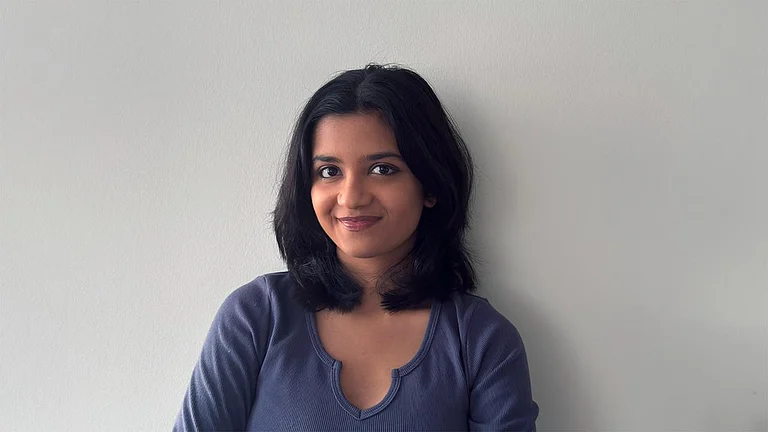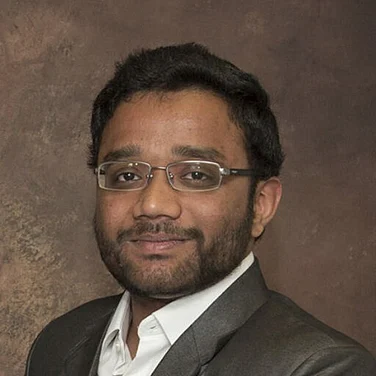Razan Saylami, the acclaimed Lebanese production designer, is attracting widespread attention across India’s dynamic film landscape this year, following a powerful run of international festival success. Her invitation for a special interview in India marks a celebration not just of her artistic prowess, but of the growing creative synergy between Lebanese and Indian cinema—two regions bound by their shared passion for storytelling and visual craft.
Saylami’s work has graced screens around the world, but it’s her strong presence at leading Indian festivals that has made headlines in 2025. Her acclaimed short film “Blood Relations” resonated profoundly at the Mumbai International Film Festival (MIFF), India’s premier platform for documentary and short cinema organized under the Ministry of Information & Broadcasting. Its official selection recognized the film’s haunting design sensibility, guided by Saylami’s visual storytelling and meticulous craftsmanship. MIFF’s legacy of honoring boundary-pushing films positioned her work alongside some of the finest creators from across the world.
Her achievements continued with “Stolen Wishes,” which earned an official selection at the prestigious Dadasaheb Phalke International Film Festival (DPIFF) — a major recognition within India’s cinematic community. Competing among global submissions, her film was listed among the festival’s top short films, celebrated for its technical finesse and emotional potency. This honor, decided by a jury of Indian and international luminaries, affirmed Saylami’s position as a cross-cultural artist whose narratives transcend borders.
Further strengthening her ties to India, Saylami’s short “The Void” was chosen for the Jaipur International Film Festival (JIFF), one of the subcontinent’s fastest-growing and most globally recognized festivals. The selection underscored her evolving dialogue with Indian audiences, appreciating her visual approach to themes of emotion and transformation. Saylami’s growing engagement with India’s thriving independent film scene forms a natural bridge between Lebanese artistry and Indian cinematic traditions—one rooted in shared curiosity, creativity, and human emotion.
Beyond India, Saylami’s influence has continued to ripple across the world. Her production design for “Many Thousands Lost” earned distinction at the American Black Film Festival in Miami and the Short Film Corner at Cannes, amplifying her international acclaim. “Blue Top,” another of her works, was celebrated at the LA Shorts International Film Festival—an Oscar-qualifying event—while “The Yellow Subconscious of Sir Ben” brought her recognition at Italy’s Giffoni Film Festival, renowned for championing innovation in youth-driven cinema. It was recently at Festival Angaelica in California. These milestones collectively showcase her ability to move seamlessly between cultures, genres, and audiences.
Saylami has also expanded her vision into music videos, where design meets rhythm and style. Her creative collaboration with Punjabi star Shubh on the music video “Together” captured the attention of millions, amassing over 14 million views and earning recognition from international festival juries. With its India-born artist and its unmistakably global aesthetic, the project symbolized the very essence of cross-cultural storytelling that Saylami continues to embody.
Her interview in India arrives at a defining moment—when she stands as one of the few production designers successfully transcending regional boundaries to create work that speaks to international sensibilities while deeply respecting local identity. For Saylami, India is more than just a geographical milestone; it represents a meeting point of creative energy, tradition, and vision. Her journey reflects how production design—through color, texture, and emotion—can become a universal language connecting the world’s most passionate cinematic communities.


























